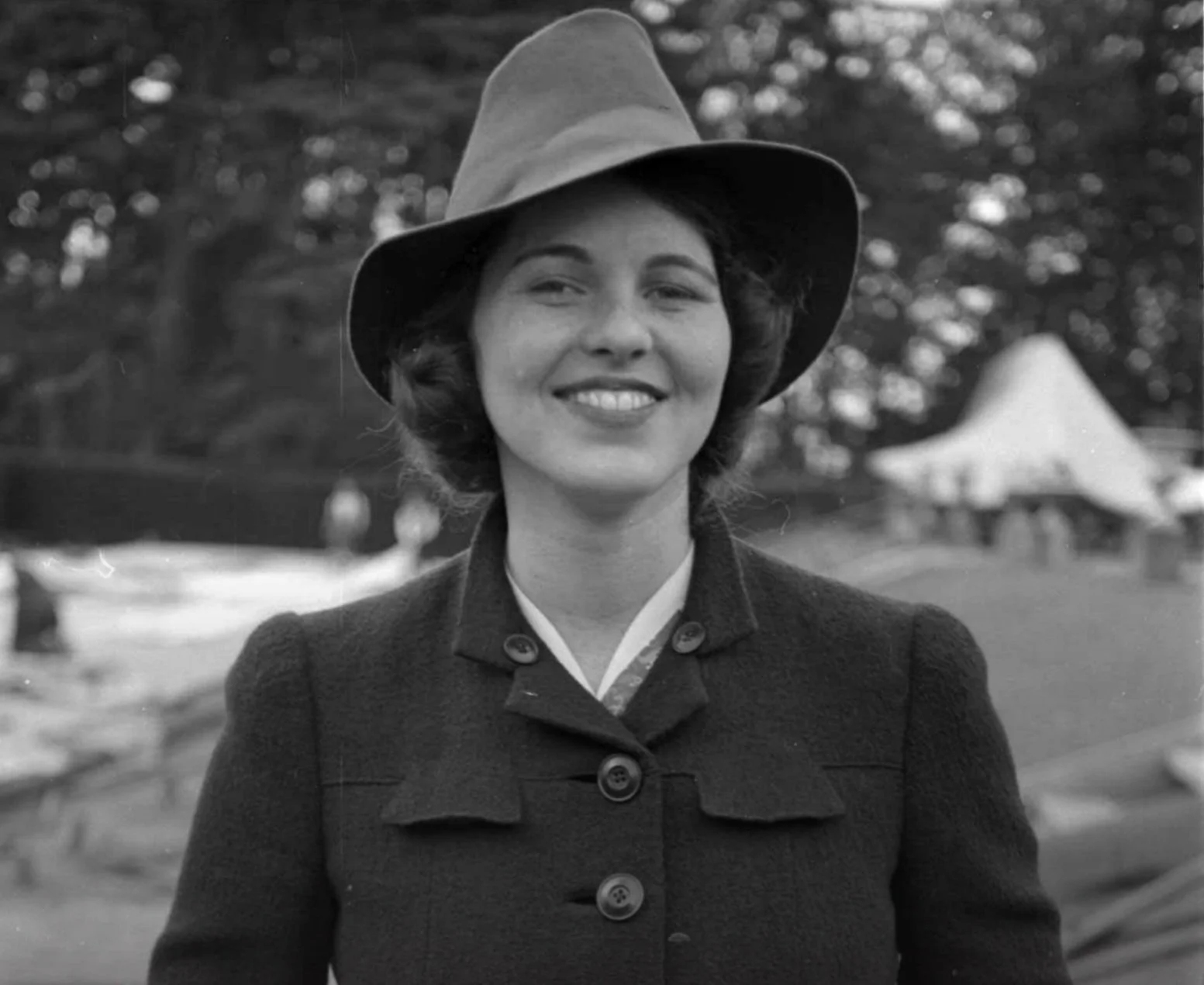Learning from Sir Joseph Rotblat
Dr Duncan Veasey is a consultant in occupational, military and post trauma psychiatry retiring (definitely) this year in Nova Scotia.
In 1970, as a callow seventeen-and-a-half-year old, I first set foot in Charterhouse Square in black cord jacket, old school tie and desert boots, the fashion at the time. I expect I was wearing trouserings of some sort and I was carrying an overlarge brief case my dear mother had given to her doctor to be. I stepped into the formidable presence of Professor Rotblat who interviewed all of his 1st M.B. students personally.
We were a mixed bag of arts graduates; those had only taken two science A levels; a couple of nurses, a lab technician and arts A level students like me. This was the first time I had ever met a genius and because of the way I had completed a form, he got the impression that I had never studied maths at all, which was not a terrific start. He did not think I would cope!
I had hated physics and maths until, whilst working the summer in a fish and chip shop kitchen on Southend seafront, I had devoured in addition to too many chip butties, science fiction writer Isaac Azimov's excellent 3 volume "Understanding physics." Reader, I finally did.
We got good support at Barts. I recall my tutor was a Dr. Smith, Lecturer or Reader, who would set us most traditional style physics questions like: "A vandal on a bridge wants to drop a brick down the funnel of an approaching steam engine" etc. combining speeds, weights, velocity and goodness knows what else. (It is an interesting fact that this type of Physics question has a long history. The Confederate general Daniel Harvey Hill, a grumpy man who really hated the Union, was a professor of maths who used to frame all of his questions in a similar style: "Two Yankees run away from the battlefield at Buena Vista at different speeds." I expect his statuary has tumbled all over the Tarheel State this year!)
I coped, but then came nuclear physics. Professor Rotblat's lectures were utterly wonderful. He had of course known all of the players, Einstein and everybody else, before resigning from the Manhattan Project on moral grounds, a brave career move indeed. His amazing enthusiasm for the subject was communicated to us in increasingly excited Polish accented English, interspersed with such astonishments as being able to work out logarithms in his head. (Younger readers may not recall slide rules and log tables and I expect everything now is done now with a computer or telephone.)
It was such an intellectual tour de force I kept his lecture notes for many years. I finished my 1st MB year with the equivalent of a Grade 1 S level and seven A levels across the Arts and Sciences which made me a very well-educated young gentleman indeed. It has been downhill all the way since.
I last time I saw Sir Joseph was in the College Committee. I had been elected Chairman of the Student Union, a position to which I was wholly unsuited in terms of character, temperament and intellect. We had put forward a cutting down of the punishing 2nd MB science courses - and were successful but then we made an attempt to give those who failed 2nd MB more chances at the exam.
Our progressive Dean at the time, Professor Reginald Shooter, pathologist, had invited the Student Union Chairman and one other to attend College Committee meetings. Mercifully, I was supported by Terence Kealey, a brighter bear who went into science full time and became a professor of biochemistry, running Buckingham University and a famous opponent of breakfast! (Sound man when the enemy is at the front).
This was an amazing experience, seeing our lords and masters, frightening senior consultant surgeons, thrashing seven bells out of each other whilst the whole show was completely controlled by that urbane master of committee Jerry Taylor, Professor of Surgery. Our proposal generally fell on deaf ears, save for Professor Rotblat. He looked me straight into the eye and said that he supported our proposal, not, he pointedly said, because of our document I had presented which was intellectually worthless, but out of compassion! Well, you can't win 'em all and I have never had pretentions to equal Sir Joseph nor indeed Professor Kealey, in any intellectual or political stakes.
He most famously sought world peace and nuclear disarmament through the Pugwash Conferences on Science and World Affairs run at Cyrus Eaton's Thinkers' Lodge in Pugwash Nova Scotia, a couple of hours from where I now live. He and the Conference jointly won the Nobel Peace Prize.
It's a small community of 700 souls or so and the big, gated Eaton estate. The name comes as I'm sure readers will recognise from the Mi'qmaw word for shallow waters. Curiously 'Captain Pugwash' is generally quite unknown as a cultural reference here and, though folks can tell you quite a lot about lobster, I doubt many of the locals know much about the good professor. He was a wonderful man and a truly inspiring teacher. You do not meet many such in your life.






